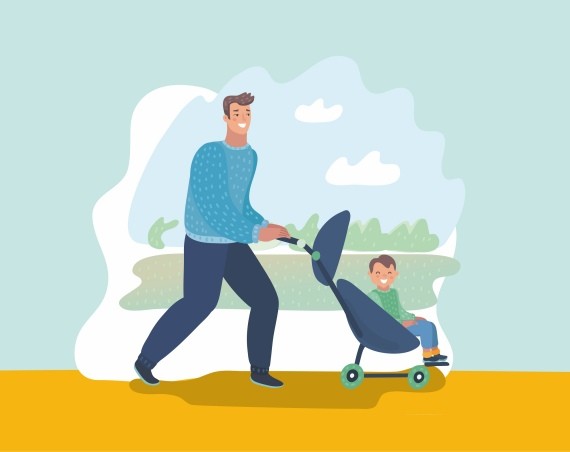(Difficult questions, part 1)
Since the first ever IVF baby was born, over three million babies have since been born around the world using assisted reproduction. This journey is not just for adults who want to become parents – it’s also for children who want to know where they came from. When children begin to ask the question, “how was I born?” parents can be filled with countless doubts and fears. “Should I say? But if I do, what should I say? Will they still love me? See me as their parent? Will they want to look for their biological donors when they grow up? Will knowing make them feel different?
How can we explain something that was so difficult even for us to accept?
Studies on the topic show that it’s not the information itself that’s difficult but the reaction to it, the worry that it could jeopardize the relationship with the child.
So while there is a clear difficulty with how to reveal to your child where they came from, there is also the underlying sense of inadequacy, shame and guilt towards oneself, society and the child that underlie everything else.
Psychological support is important
The first step is to overcome the feeling of being “faulty”, as an individual or as a couple, so that you won’t feel like a different kind of parent with children who are different. This means that even before becoming parents, you have to accept that there is a problem, that you need to ask for help and give yourself the opportunity to work through the emotional response to it. Because, if you feel inadequate as parents, your children will sense your unease, regardless of how they were conceived.
For this reason, we recommend that, before embarking on assisted reproduction, throughout the journey and also afterwards, you secure psychological support to help manage your fears and anxieties in order not to convey them to your children.
A fairytale can be the answer
A child’s identity and personality evolve constantly, molding themselves around wider narratives and the tales and stories they are told. The “before you were born”, “when you came along”, “when we were expecting you,” stories which connect the threads of experience and intertwine them the emotional stories and relationships forged with parents and other significant figures in a child’s life, to form a solid and important foundation on which to grow, themselves, into adults.
A fairy tale can be a useful framework for such stories. Through the use of metaphor and simple language, fairy tales like “Once upon a Now – The epic tale of assisted reproduction” can help to untangle what feels like a difficult story, providing a simple and effective way of saying it; illustrated tales like this can help both children and adults to see how their lives overlap, to see the connections between their hopes and their dreams in situations in which that might seem less obvious, or even impossible.


